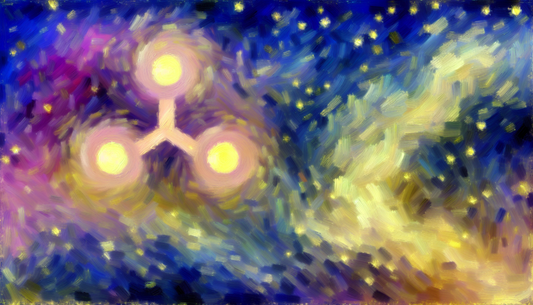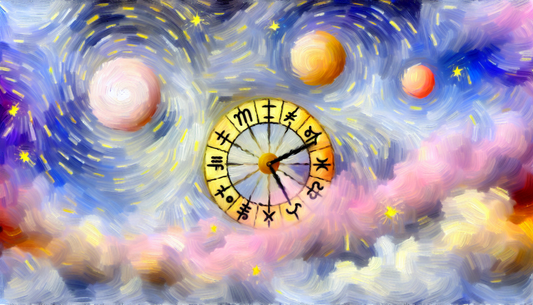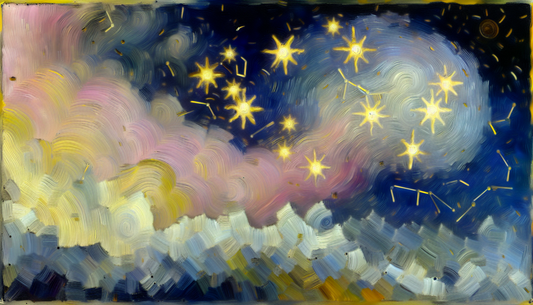Astrology has been a source of fascination and curiosity for centuries. With its roots in ancient civilizations, it suggests that celestial bodies impact our lives and personalities. But how accurate is astrology really? In this exploration, we delve into its validity, examining both scientific critiques and the experiences of its many enthusiasts.
A Brief History of Astrology

Astrology can trace its origins to the Babylonians around the 2nd millennium BCE. They meticulously tracked celestial movements and related them to terrestrial events. Over centuries, astrology evolved into various systems, from Western astrology to Vedic astrology in India. Ancient Greeks, such as Ptolemy, further refined these concepts, intertwining them with philosophy and science.
While the methods of astrology have changed, the core belief remains the same: the positions of celestial bodies at the time of one’s birth can influence their character and life events. Today, many people consult horoscopes for guidance, while others dismiss it as mere superstition.
The Science of Astrology

Skeptics often argue against astrology’s validity, citing a lack of empirical evidence. Scientific studies have attempted to correlate astrological predictions with real-world events, frequently finding no significant correlation. A study by psychologist Shawn Carlson in 1985 concluded that astrologers couldn’t predict personality traits based on birth charts better than chance.
Astrology’s proponents argue that it is not necessarily a science like physics or biology. Instead, it is an ancient tradition rich in symbolism and meaning. Many assert that astrology's strength lies in its ability to provide insight and comfort, helping individuals reflect on their lives and inner selves.
Personal Experiences and Anecdotes
While science plays a crucial role in assessing astrology's validity, personal experiences and anecdotes often carry substantial weight. Many individuals claim astrology has helped them understand life challenges, relationships, and career choices better. For instance, someone might find solace and clarity in their astrological profile during a tumultuous time.
Stories abound of individuals who attribute their major life decisions to astrological guidance. Whether it’s picking a career path, determining an ideal time for marriage or relocation, or understanding a complicated relationship, people frequently report that astrology has been a reliable touchstone in their lives.
Cultural Perspectives on Astrology
Astrology is perceived differently across cultures. In Western societies, it primarily leans toward providing insight and daily guidance through horoscopes. In contrast, Vedic astrology is an integral part of life in many Indian communities, influencing not only personal decisions but also planning significant events like weddings.
This cross-cultural examination reveals a tapestry of beliefs surrounding astrology. Some cultures incorporate astrology into their spiritual practices, while others approach it with skepticism. Still, the universal intrigue remains, as astrology continues to flourish as a popular art form.
The Role of Astrology in Modern Society
As we navigate through an increasingly fast-paced world, astrology has gained popularity, especially among millennials and Gen Z. Some individuals are drawn to astrology for the sense of community it fosters, while others see it as a spiritual guide amidst uncertainty. App-based astrology services have further fueled this interest, offering tailored insights and guidance right at users' fingertips.
Astrology also plays a role in pop culture, influencing fashion, lifestyle choices, and even language. Terms like "Mercury retrograde" have infiltrated everyday conversations, often used humorously to communicate relatable frustrations. This growing trend certainly suggests a communal need for grounding in an otherwise chaotic environment.
Conclusion: A Personal Journey
Astrology may not fulfill everyone’s requirements for accuracy and predictability, yet its enduring allure lies in its ability to resonate with individual experiences. The truth is that astrological insights are often subjective; what works for one person might not for another. However, many people find astrology a valuable tool for introspection and self-discovery.
In summary, while the scientific community may debate astrology's empirical accuracy, it undeniably holds a unique place in the hearts and minds of its believers. Whether you view it as a valuable life guide or an intriguing cultural phenomenon, astrology invites us to explore the cosmic connections between our lives and the universe.















